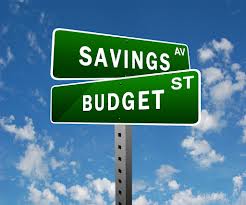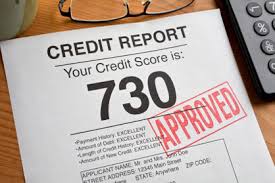
Tips to reduce your bills while trimming your carbon footprint include:
Heating & Cooling
Invest in a programmable thermostat. It can be set to reduce heat when you are not going to be home. No point in keeping things toasty when there’s no one around. It could save as much as $180 per year. Some of these thermostats can be set by mobile device in case the situation changes during a day.
Home Energy Audit
Conduct an energy audit, with a professional to look at areas of your home that need improvement. Heat and energy can slip out of doors, windows and other outlets. Take steps to correct these areas. A professional will look at lifestyle factors such as preferences in heat levels and the areas of your home in which the most living takes place. It may be possible to decrease energy demands by sealing off some areas or by increasing insulation.
Check Your Windows
If your windows are letting in cold air, it may be worth your while to have double-paning installed or to change the windows outright. The investment will pay off over time as energy costs decline.
An alternative to complete replacement of windows is to use window film to reduce the amount of cold air coming into the house. Keep curtains and blinds closed as another step to minimize the infiltration of cold air.
Siding On The Outside Of Your Home
Another step that requires an expenditure up front but saves more over time is installation of vinyl siding on your home. More people who are determined to go green are choosing this option. Vinyl is low-maintenance and long lasting. And it meets the requirements of Energy Star incentives. It has one of the highest returns on investment among remodeling options.
The sun is your friend. Keep blinds and curtains closed at night, but open them during daylight to take advantage of natural heating. Be sure to seal cracks with weather stripping so the full benefit of the sun’s warmth won’t be lost.
Maintain Heating System
Do regular inspections of your heating system. It may not need replacing, but periodic maintenance can keep it functioning at full efficiency. Get advice from a professional to be certain it is in good working condition. Keep the furnace clean and vacuum filters at least once a month for best efficiency. Replace filters regularly and even oftener if they become dirty during high-use times.
A fireplace is good for supplementing heat, but also can let in cold air. Keep the damper closed when there is no fire burning so that cold air does not enter through the chimney. If you don’t use the fireplace, plug the flue and seal it to conserve energy.
Ceiling Fans
Change the direction of your ceiling fan, if necessary, to clockwise. That will push heat down to ground level and keep it in the house. During the summer, a fan should be revolving counter-clockwise to push hot air up to the ceiling.
Curtains
Investing in insulated curtains and area rugs when you redecorate is a long-term aid to energy efficiency. And training family members to be energy-conscious, including wearing sweaters to minimize heating needs, is part of the overall plan to cut costs. A sticky note or two in high-traffic areas can help keep everyone on the same page as you pursue your energy goals.



